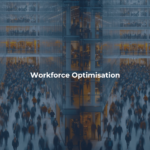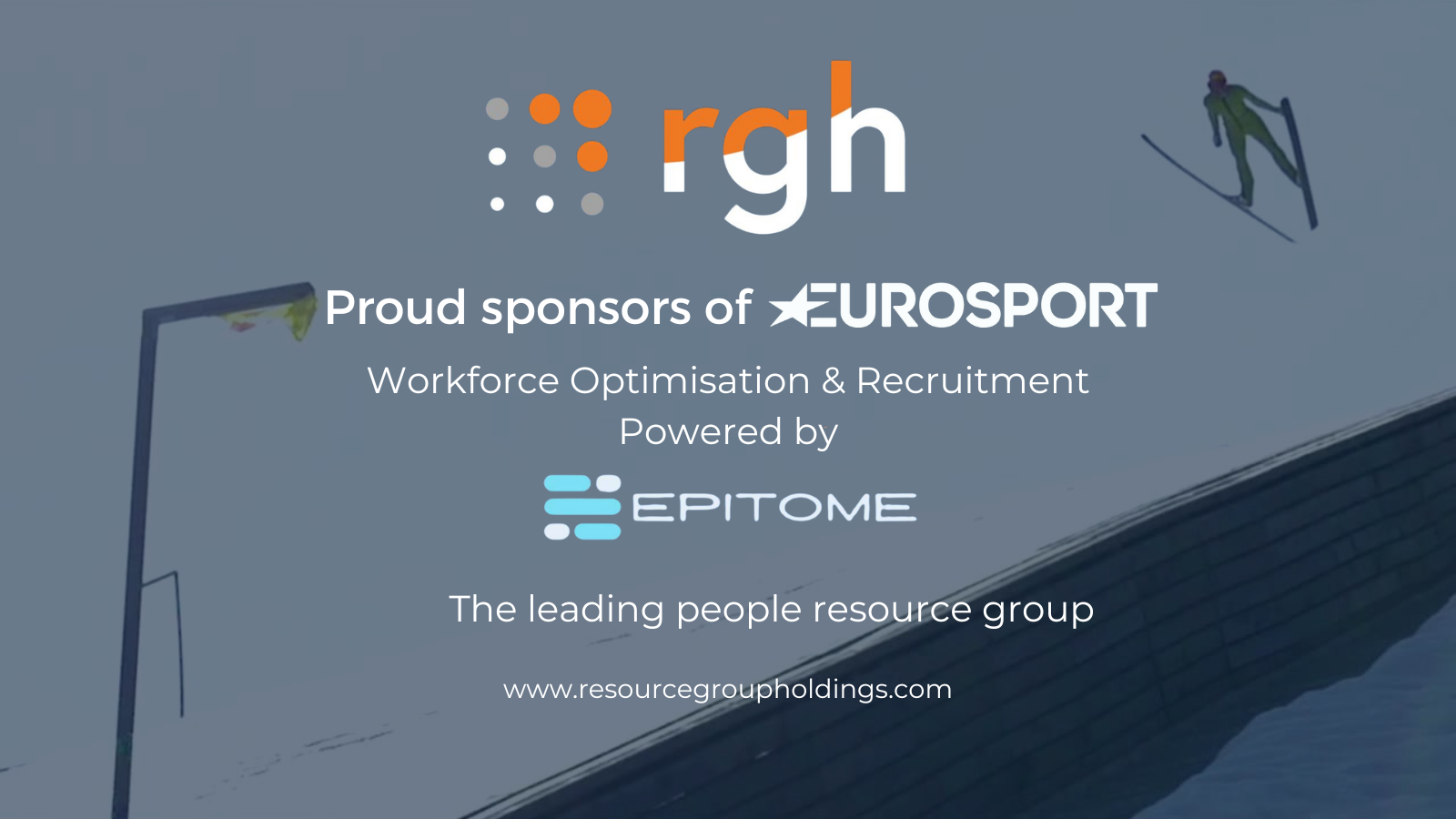News & views
The Future of Work: Thriving in an Era of Change
Date Posted: 5 February, 2025The world of work is undergoing a profound transformation driven by technology, economic shifts, climate action, demographic changes, and geopolitical tensions. These forces reshape industries, creating new opportunities while rendering some roles obsolete. In this evolving landscape, adaptability and continuous learning are not just survival strategies but essential pathways to success.
Artificial intelligence, automation, and digital advancements are revolutionising industries, driving demand for AI, big data, cybersecurity, and renewable energy specialists. While technology opens doors to new possibilities, it also makes certain administrative and clerical roles redundant. To remain competitive, businesses must invest in upskilling their workforce, providing employees with the knowledge and tools they need to navigate this shifting environment confidently.
Even as inflation stabilises, the rising cost of living remains a key concern, and slower economic growth could lead to job displacement. Adaptability, problem-solving, and resilience are becoming essential skills in this uncertain climate. Workers thinking critically and embracing change will be best positioned for success. At the same time, sustainability is reshaping the job market. The growing emphasis on renewable energy, environmental engineering, and electric vehicle development is creating demand for professionals in these fields, while environmental awareness is becoming a crucial skill across industries as businesses integrate sustainable practices into their operations.
Demographic shifts are also influencing the workforce. Ageing populations in wealthier nations are driving demand for healthcare and social services, while younger, growing workforces in developing regions are fuelling the need for education and training roles. Businesses must prioritise leadership development, mentoring, and talent management to ensure a sustainable and well-prepared workforce for the future. Meanwhile, global tensions and trade restrictions are reshaping business strategies, increasing the need for cybersecurity, risk management, and strong leadership. Companies navigating these challenges must develop decision-makers who can lead through uncertainty and change.
With a significant portion of today’s skills becoming outdated, businesses increasingly prioritise analytical thinking, leadership, and technological literacy. AI expertise, cybersecurity knowledge, and digital fluency are among the most sought-after technical skills, while adaptability, creativity, and problem-solving are equally essential. Recognising skill gaps as a major barrier to growth and innovation, many companies invest in training programs to help employees transition into emerging roles. They also focus on career development, diversity initiatives, and employee well-being to attract and retain top talent.
Artificial intelligence is transforming industries and reshaping the way businesses operate. Many organisations are restructuring their workforce to integrate AI-driven efficiencies, which will inevitably lead to shifts in job roles. While automation will replace some jobs, it will also create new opportunities, requiring workers to develop a balance between technical expertise and human-centred skills.
As industries continue to evolve at an unprecedented pace, businesses and workers alike must remain agile. Investing in continuous learning, embracing new skills, and adapting to change will be crucial to thriving in this dynamic landscape. Those proactively preparing for the future will be best positioned to seize the opportunities ahead.
To find out more about RGH’s workforce optimisation powered by epitome and our recruitment solutions for the changing world – book an appointment here:
Mail: info@rgh-global.com
Number: 0203 753 4685
(Source – WEC Forum)





